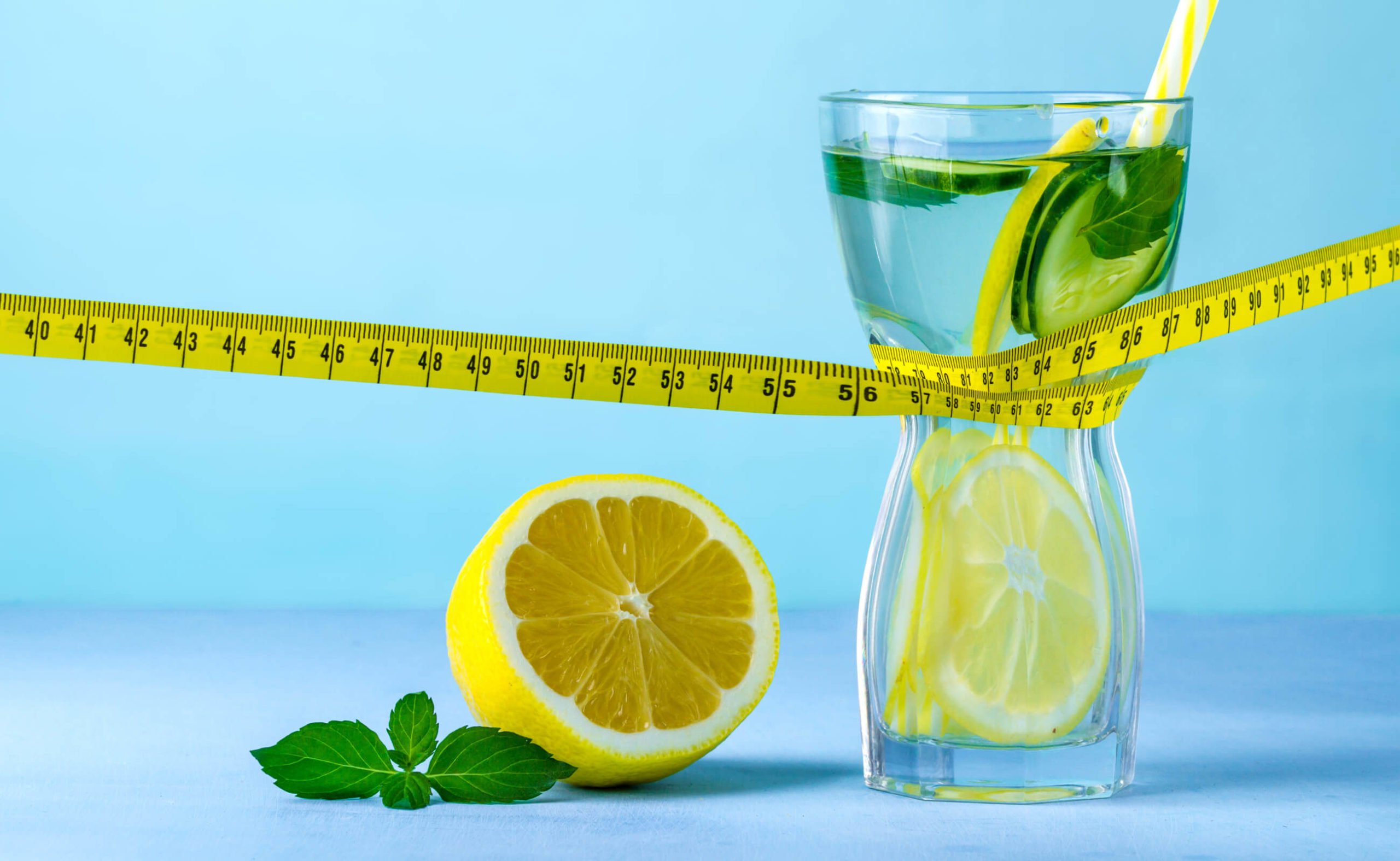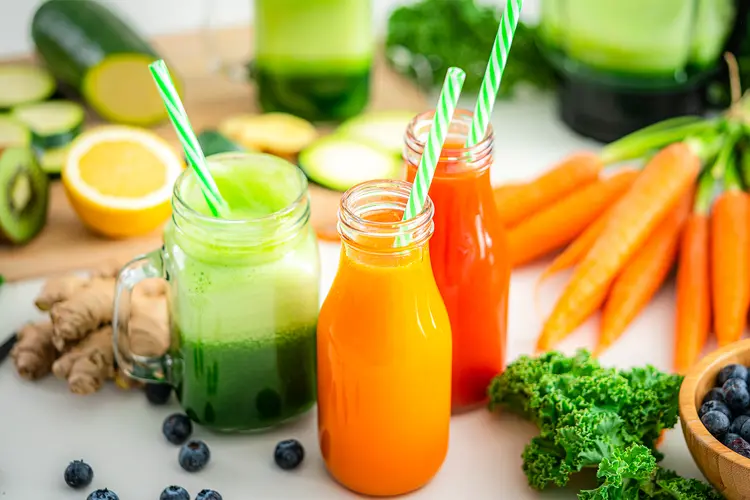
In recent years, detox diets have surged in popularity, promising rapid weight loss, increased energy, and the removal of harmful toxins from the body. From juice cleanses to extreme fasting regimens, the market is flooded with products claiming to “cleanse” your system. But behind the flashy marketing lies a more complex truth. Understanding what detox diets can — and cannot — do is crucial before you invest your health and money.
What Are Detox Diets?

Detox diets, often called cleansing diets, are designed to eliminate toxins from the body. These diets vary widely but commonly involve consuming specific juices, teas, or supplements while restricting solid food, caffeine, alcohol, and processed foods. Some programs last only a few days, while others can extend for several weeks. Advocates suggest that by following these diets, the body can “reset,” leading to weight loss, clearer skin, improved digestion, and overall better health.
The Science Behind Detoxification
The human body already has a highly effective detoxification system. Your liver, kidneys, lungs, and skin work together to process and eliminate harmful substances naturally. The liver, for instance, metabolizes chemicals and toxins, converting them into forms that the body can excrete. Kidneys filter the blood, removing waste products that are expelled as urine. Even the digestive system plays a key role by expelling solid waste.
Given this robust internal system, the necessity of detox diets becomes questionable. There is little scientific evidence to support the claim that special juices or fasting periods significantly enhance the body’s natural detox process. In other words, your body doesn’t need extreme interventions to cleanse itself.
The Promises vs. Reality

Detox diets often promise quick weight loss. While it is true that participants may lose weight rapidly, this is usually due to a severe reduction in calories rather than toxin elimination. Much of the initial weight lost is water weight, not fat. Once the diet ends and normal eating resumes, the lost weight often returns.
Other touted benefits include improved energy and mental clarity. Some people report feeling better during a detox, but this may result from cutting out processed foods and sugar rather than the detox itself. Eating a nutrient-rich, balanced diet can provide similar benefits without the extreme restrictions or potential risks associated with detox diets.
Potential Risks of Detox Diets
While short-term detox diets may seem harmless for some, there are potential health risks to consider. Extreme caloric restriction can lead to fatigue, dizziness, irritability, and nutrient deficiencies. Long-term or repeated detox dieting can disrupt metabolism and even harm vital organs. Certain products, especially those marketed as detox teas or supplements, may contain laxatives or diuretics that can cause dehydration and electrolyte imbalances.
For people with underlying health conditions, such as diabetes or heart problems, detox diets can be particularly dangerous. They may cause blood sugar fluctuations, heart rhythm issues, or worsen existing health problems. Pregnant or breastfeeding women should also avoid extreme detox regimens due to potential risks to the baby.
Healthy Alternatives to Detoxing

Rather than following a short-term detox program, focusing on long-term, sustainable lifestyle changes is more effective for maintaining health. Eating a diet rich in fruits, vegetables, whole grains, lean proteins, and healthy fats naturally supports your body’s detoxification processes. Staying hydrated, getting regular exercise, prioritizing sleep, and limiting alcohol and processed foods are proven ways to keep your body functioning optimally.
Incorporating small, consistent habits—such as adding more fiber to your diet, drinking enough water, and reducing sugar intake—can make a significant difference without the risks of extreme detox diets. Essentially, the body is capable of detoxifying itself if it is given the right tools and conditions to function efficiently.
Conclusion
Detox diets can be appealing, offering the promise of a quick health reset or rapid weight loss. However, scientific evidence supporting their effectiveness is limited, and extreme detox programs can carry health risks. The truth is that your body is already equipped with sophisticated systems to remove toxins naturally. Rather than turning to fad diets or cleansing products, focusing on balanced nutrition, proper hydration, regular exercise, and sufficient rest provides a safer and more sustainable path to health.
Ultimately, the best “detox” is one that strengthens and supports your body every day—not one that relies on extreme or temporary measures. By understanding the truth about detox diets, you can make informed choices that promote long-term wellness without compromising your health.
